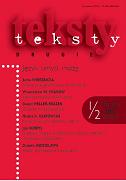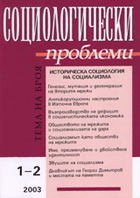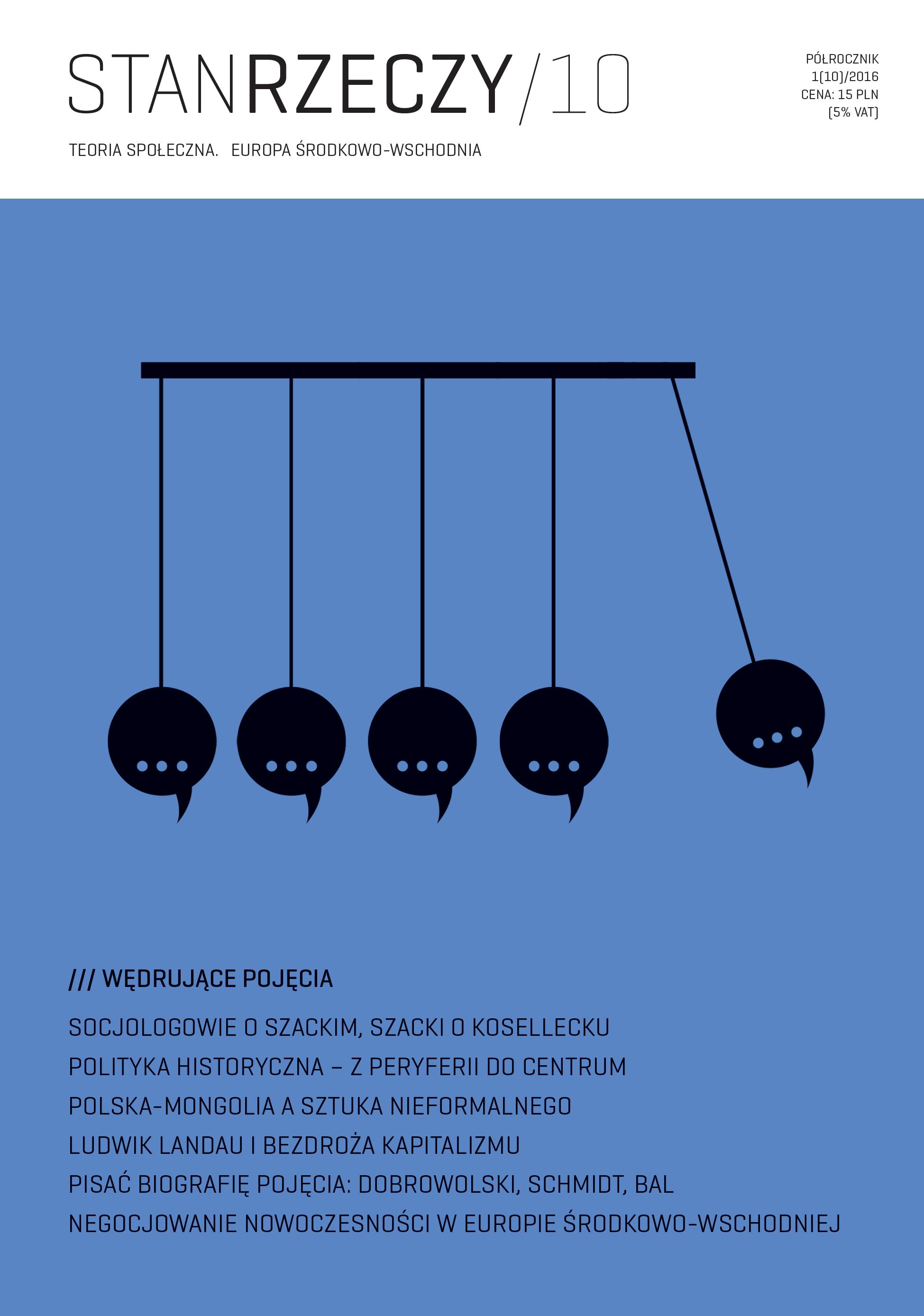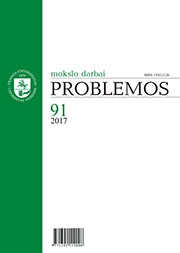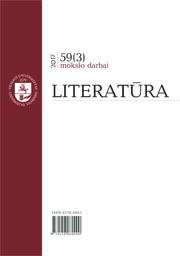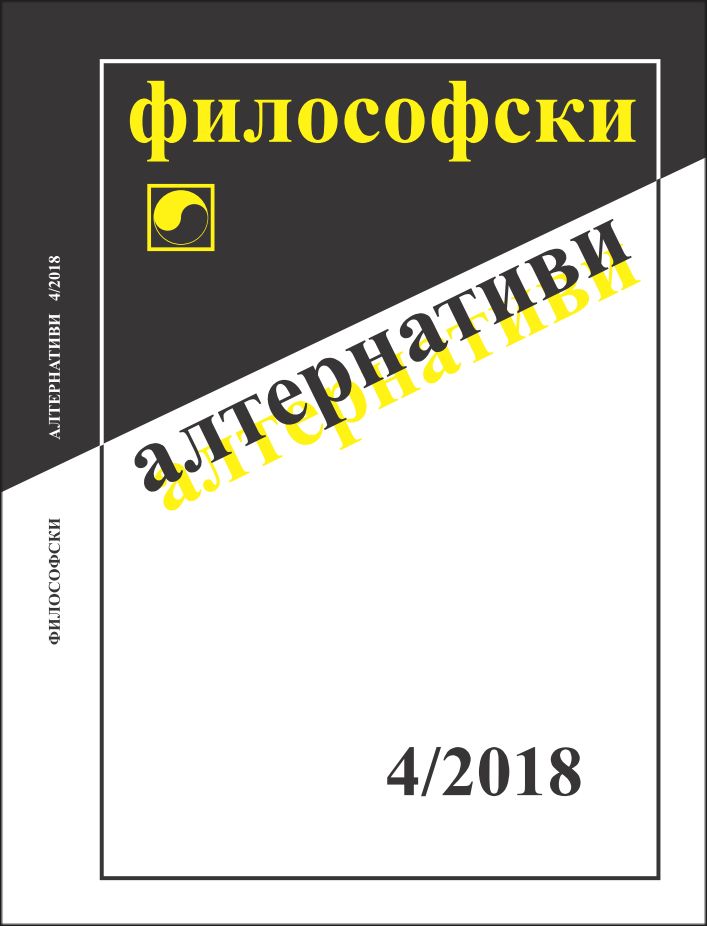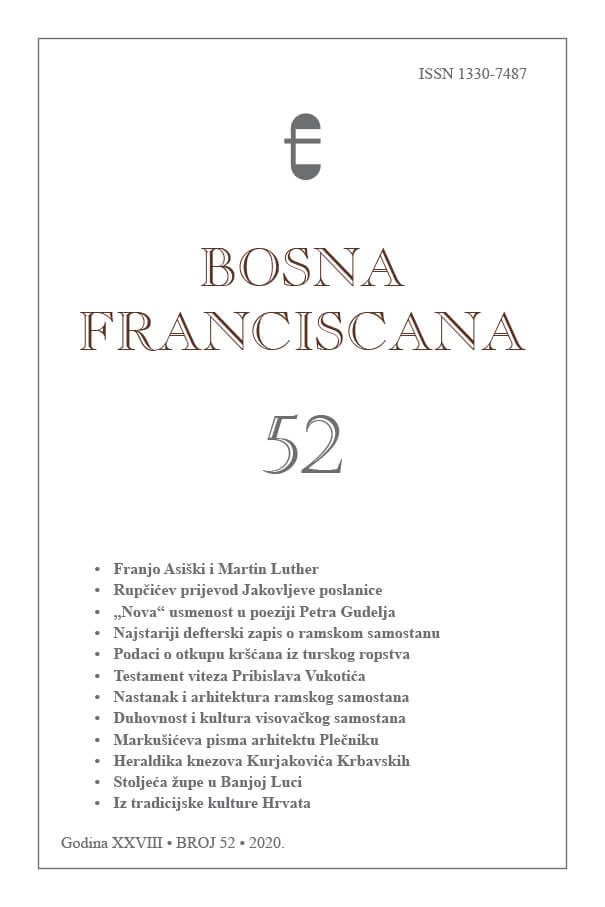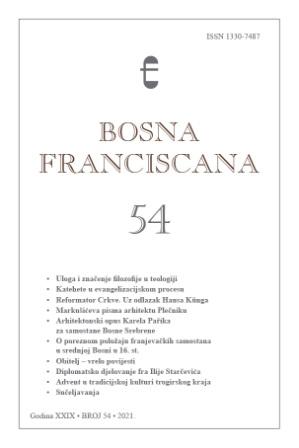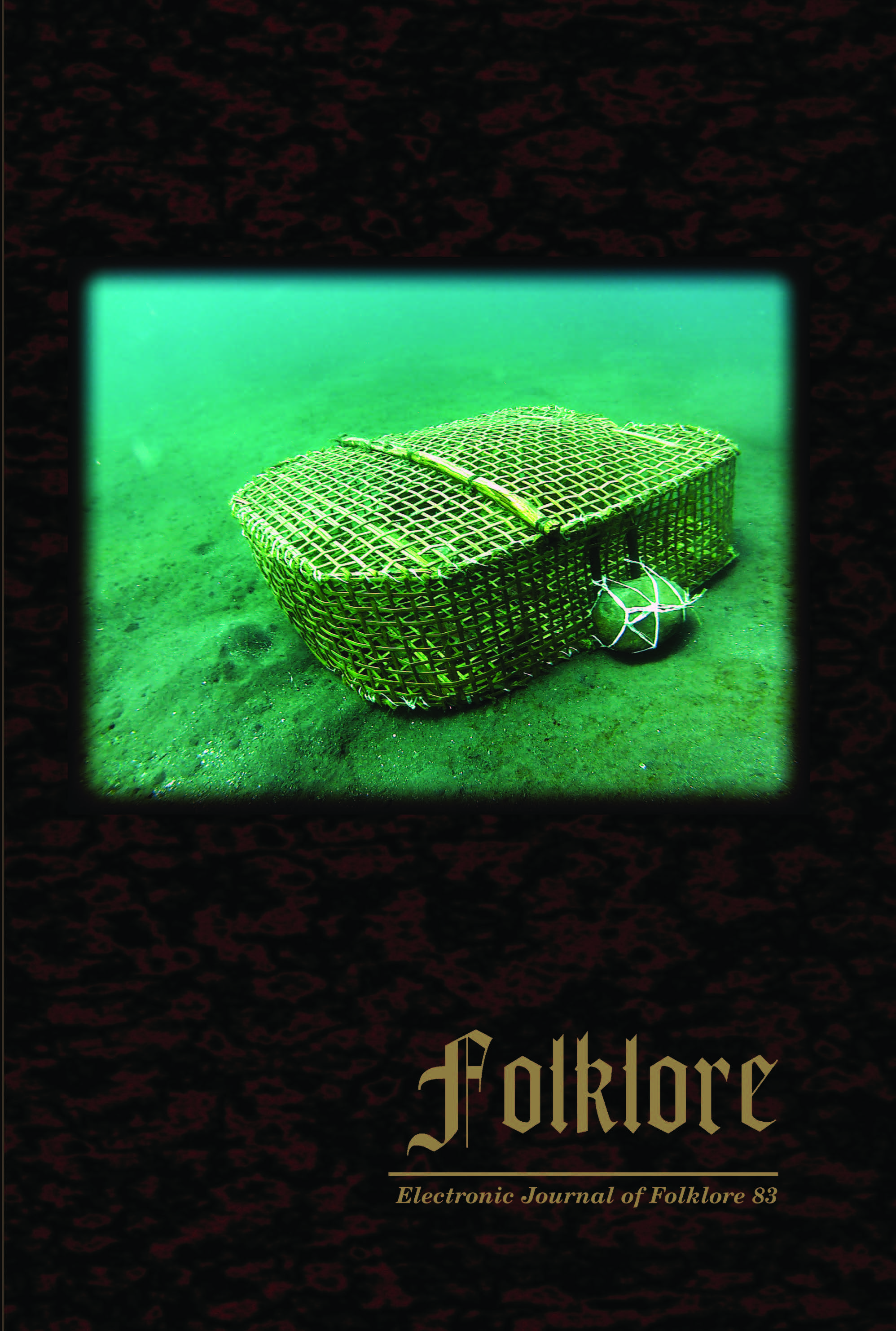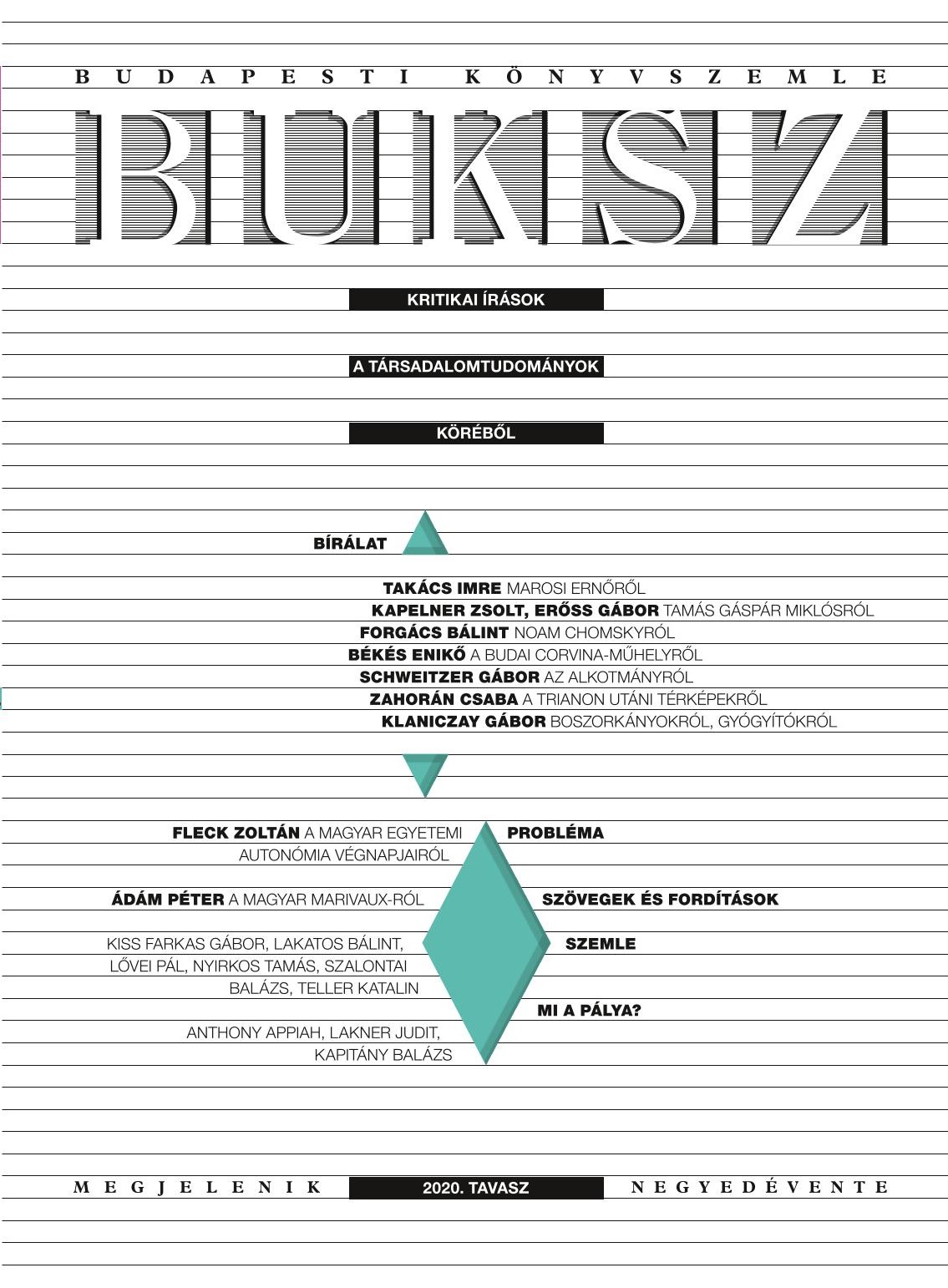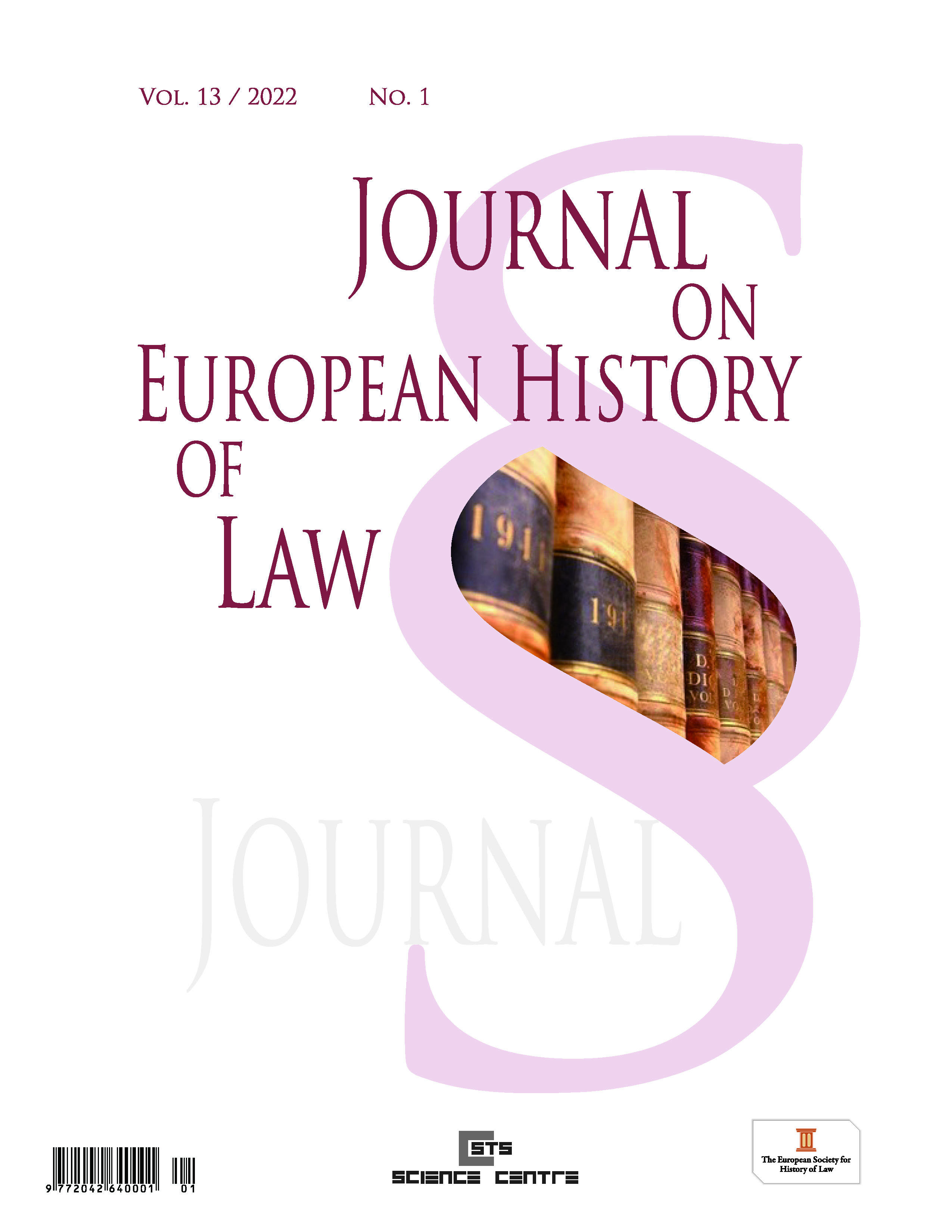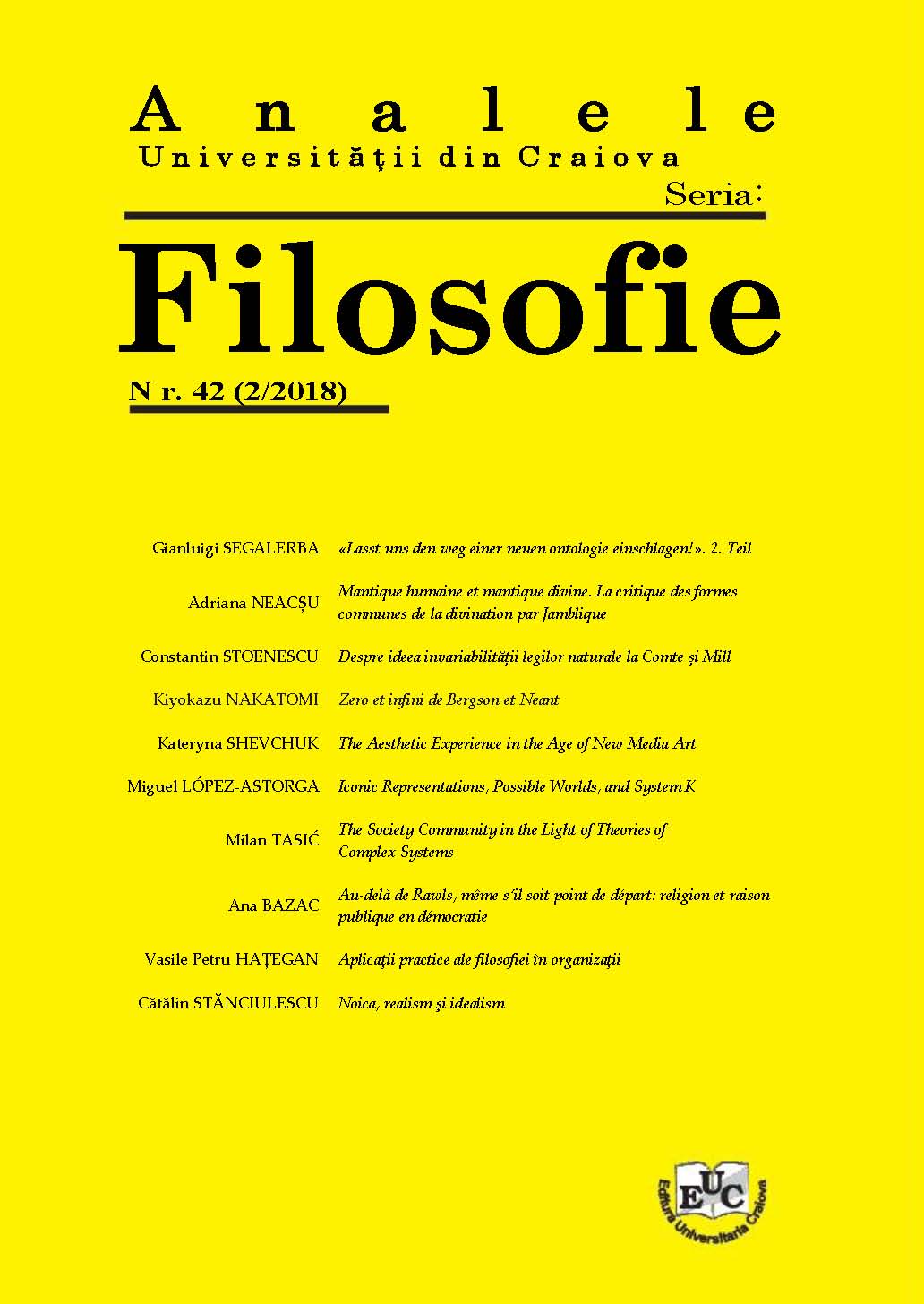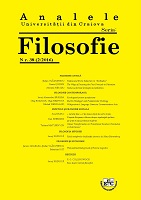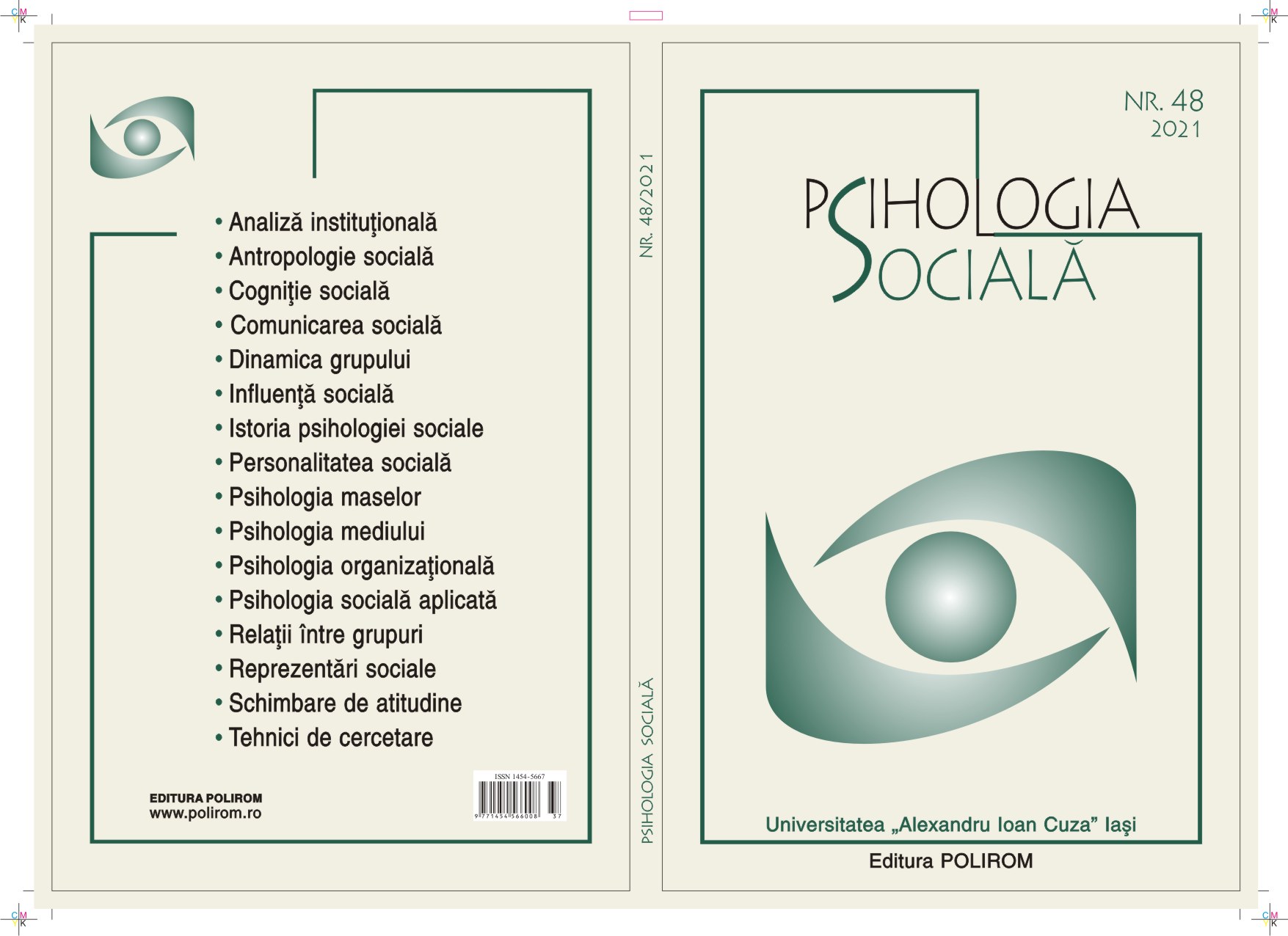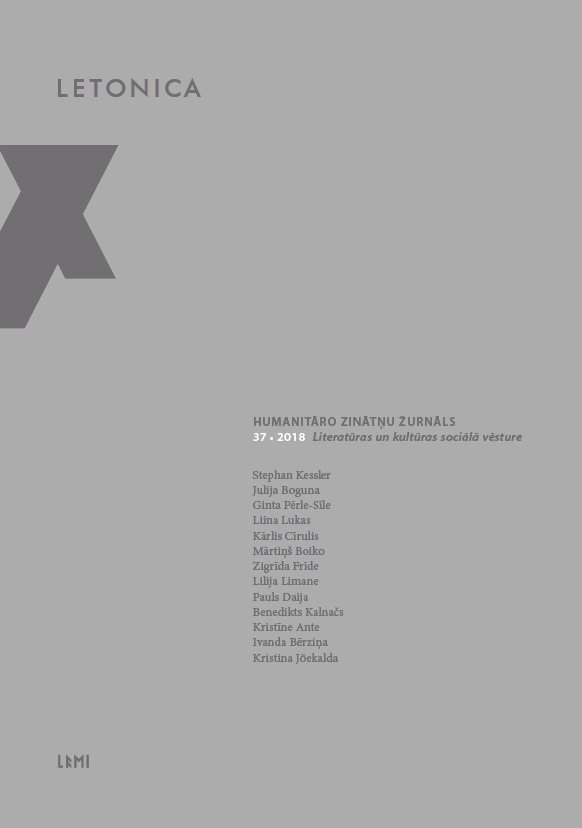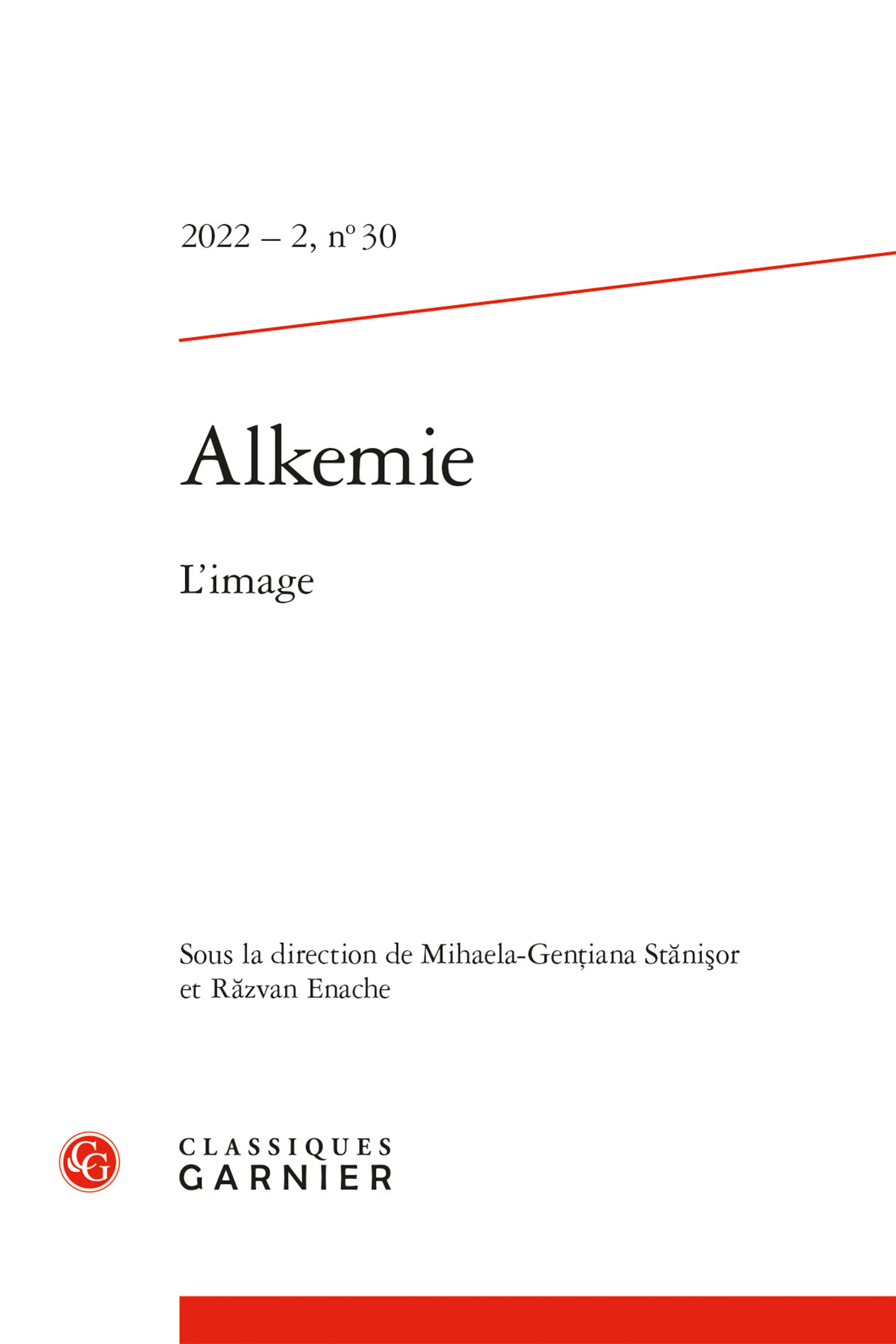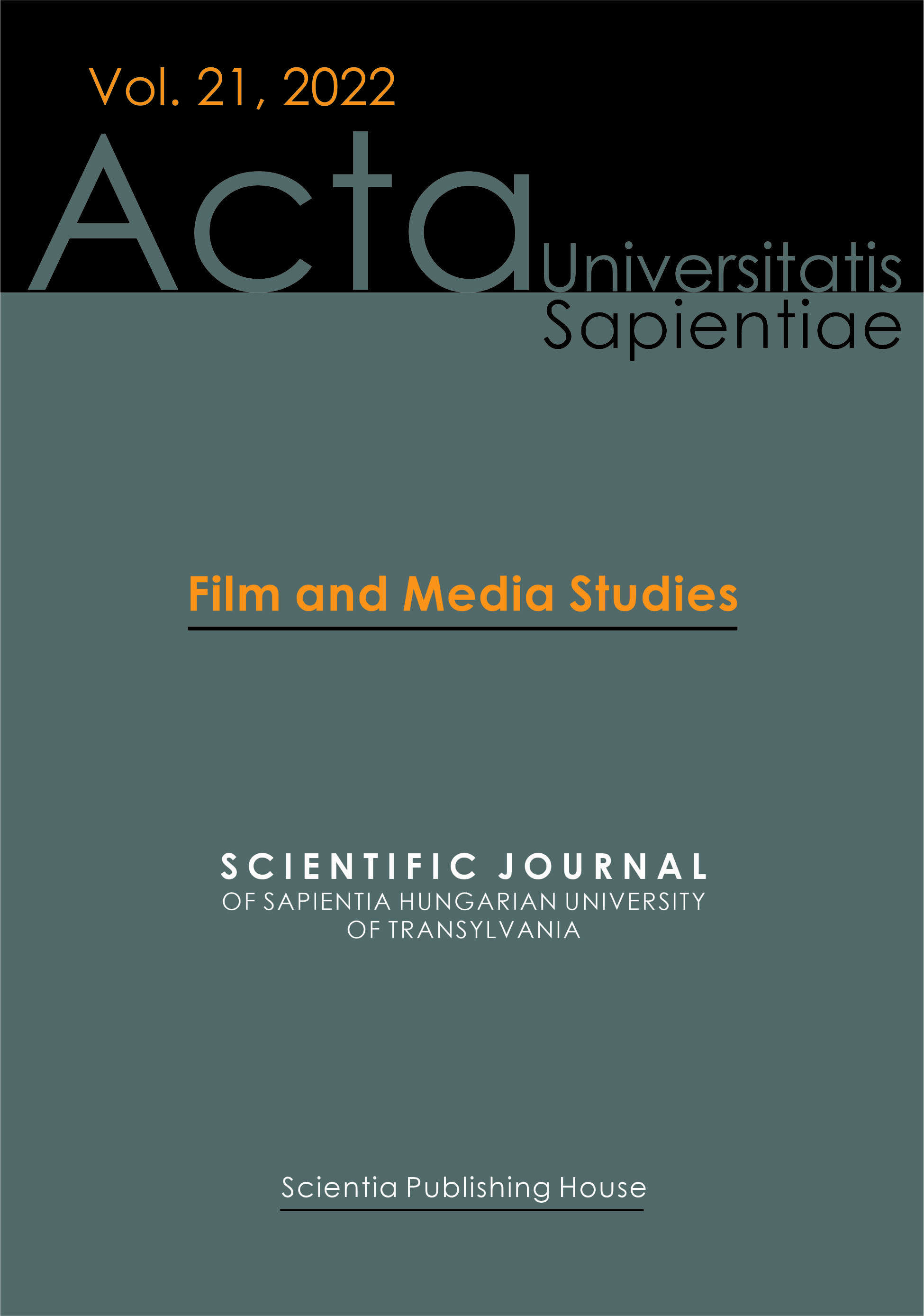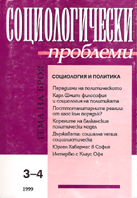
Perspectives in Modern Social Philosophy – Ricoeur and Habermas
Посоки на съвременната социална философия – Рикьор и Хабермас
The article „Directions of modern social philosophy – Ricoeur and Habermas“ deals with one of the basic problems of social and political philosophy, namely the problem of constitution and validation of social norms. The recent literature on the topic is increasingly dominated by the opinion that social norms should satisfy the requirements of both the principle of justice and the principle of solidarity. However, we consider it necessary to answer the question as to the standpoint from which this ethical project could be justified more successfully. The text compares two fundamental ethical positions – Paul Ricoeur’s position, based on a reflexive philosophy, on the one hand; Jurgen Habermas’ position, based on a theory of communication, on the other. The thesis of the article stresses that the unity of the two central ethical principles could be justified convincingly only in the perspective of a communicative constitution of social norms. The subject-object relationship, inherent to the philosophy of the subject, implies an initial opposition between the individual and the social norms, making it difficult to reconcile the requirements of justice with those of solidarity. Habermas’ ethics of discussion avoids such a difficulty by substituting a communicative community to the individual subject – the procedure of free practical discussion makes possible the harmonization of the perspective of private interest with that of general interest. Nevertheless, the ethics of the discussion raises the doubt that it is a purely intellectual construction which could hardly be applied to the factual conditions of life.
More...

